E
Endings, Erotic Transference, Ethics, External Locus of Control
Endings
Concluding therapy is one of the most important stages of the entire experience. Whether it’s been a good or a bad relationship, a six-week problem-solver or a long-term odyssey of change, deciding to end and how to do so can inspire strong reactions – anger, grief, guilt, relief.
The way in which the client approaches this most delicate of stages is often a helpful pointer to that person’s relationship with endings elsewhere in life.
Some clients end by email – “Thanks very much for your help, I think I’m fine now” – rather than risk the difficult emotional experience of saying goodbye, perhaps fearful of hurting or offending the therapist, often determined to keep the relationship as distant and plutonic as possible. But being professional does not mean being impersonal. Other clients pursue a slow fade-out period, over several weeks or even months (particularly if they have been in therapy for a while).
I always encourage people to fade down – even if it’s only over two or three weeks – so that the relationship can be brought to a close rather than simply have the lights turned off in a way that leaves things unsaid or untouched which may later be regretted. If someone wants to leave, my role is to make that experience as helpful as I can however long or short it may be.
But in the end it’s not my decision.
Erotic Transference
One of the more famous clichés of how clients relate to therapists but less openly explored than it should be, erotic transference can be a dynamic at play between client and therapist for some people at some times. So how does that work?
The love, support and encouragement of the therapist feels so embracing and comforting that the feelings intersect with a client’s longing for such feelings in a romantic or sexual context (or perhaps association with having had them). The client can panic “Oh my god does that mean I am in love with my therapist?!” and it can feel like a feeling that must never be spoken for fear of being rejected. This is not true.
Love or attraction is just as valuable and challenging an experience in therapy as anger or contempt. All of it is useful to work through. But, as in personal relationships, whether to raise it or how it will be received is very challenging. Hopefully a therapist can help with that.
Ethics
All qualified therapists are bound by the Code of Ethics of one of their qualification agencies, often BACP or UKCP. Such ethical obligations include duties of care, confidentiality and not pursuing any dual relationship (for instance going into business with someone with whom s/he has previously given counselling to, and - obviously - no romantic or sexual relationships).
Hopefully ethical factors are largely invisible to the client in a session, but are always present for the therapist.
External Locus of Control
This grand-sounding phrase, first expressed by child-expert Donald Winnicott, refers to someone with a tendency to give their autonomy (power over their lives) to someone else: they will always ask their mum what they should do; they won’t act without their wife’s approval; they cannot determine whether their work is good without first hearing what others have to say.
This is not just about seeking approval; it’s about a way of being in which she does not feel she can run her own affairs.
In such cases, this is likely to manifest in the therapeutic relationship. A client will ask their therapist “How am I doing?” rather than feeling able to make a judgment for themselves in how/if they are progressing or whether anything is getting better. If spotted and explored, therapy should be able to facilitate someone to dare make such judgments and decisions for themselves.
The problem is usually not the individual decisions, but the idea of making any decisions at all.
Next Week: F
Fantasy, Fear, Fifty-Minute Hour, Fight/Flight/Freeze, Freud
